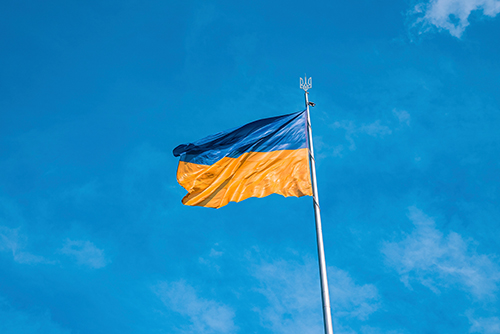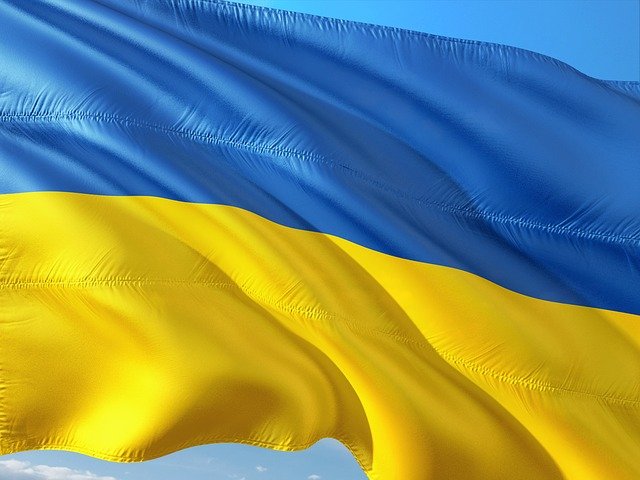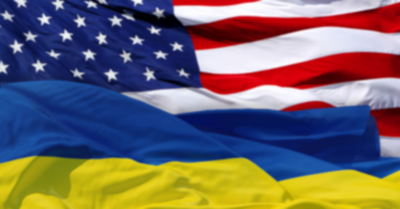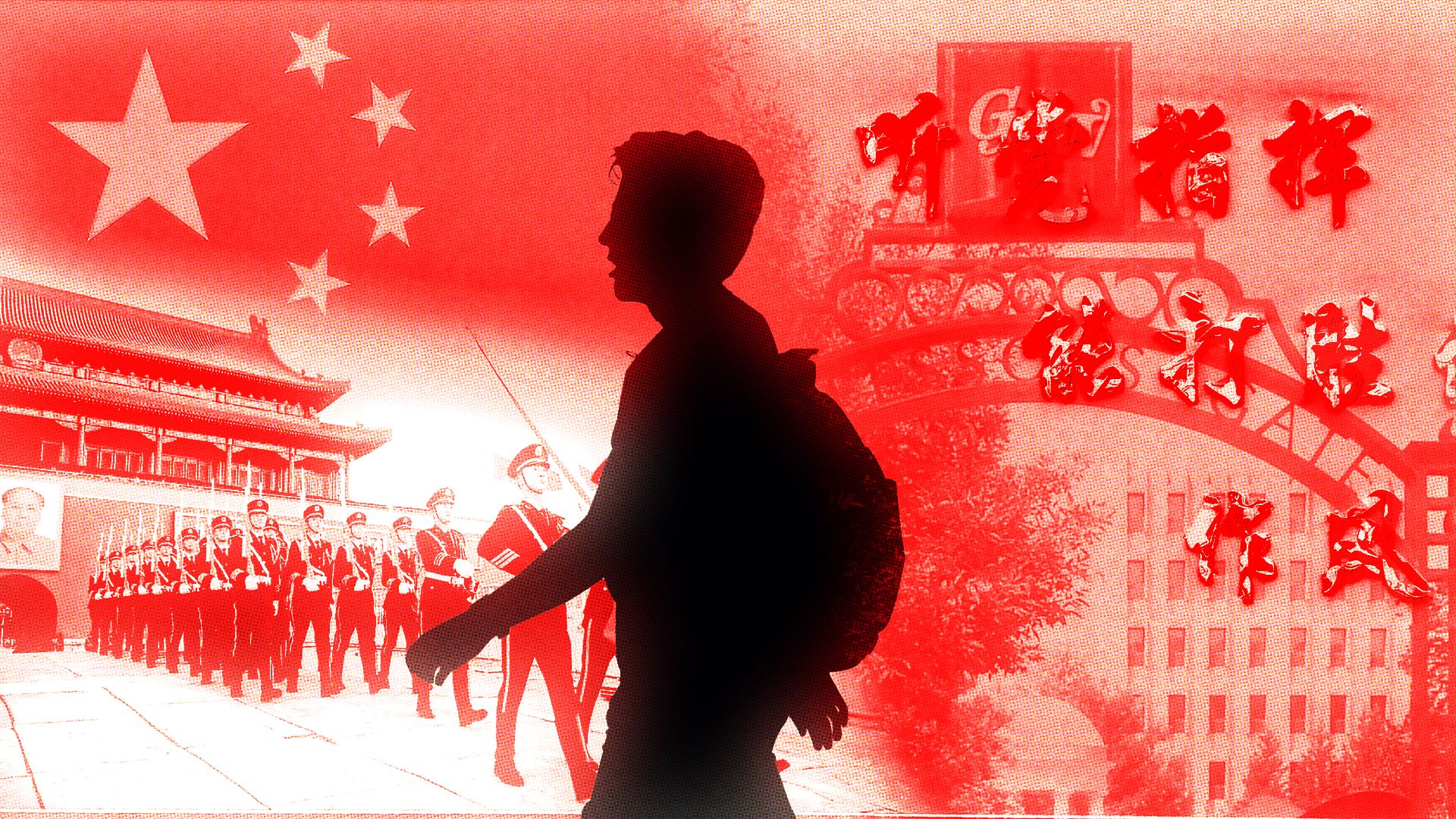Ukraine: The Forgotten War
 Since Russia’s seizure of Crimea in early 2014, American and European efforts to resolve the standoff in Ukraine and reverse Russian aggression have failed. Despite talks, sanctions, and repeated ceasefire agreements, Russian backed separatists, and even Russian troops, continue to instigate violence in eastern Ukraine. Today, the conflict is in danger of being forgotten by the West. All too many underestimate the severe ramifications of allowing Moscow to violate the territorial integrity of yet another one of its neighbors. With circumstances unchanged, it is time to intensify U.S. efforts to alter Russian President Vladimir Putin’s calculus in Ukraine.
Since Russia’s seizure of Crimea in early 2014, American and European efforts to resolve the standoff in Ukraine and reverse Russian aggression have failed. Despite talks, sanctions, and repeated ceasefire agreements, Russian backed separatists, and even Russian troops, continue to instigate violence in eastern Ukraine. Today, the conflict is in danger of being forgotten by the West. All too many underestimate the severe ramifications of allowing Moscow to violate the territorial integrity of yet another one of its neighbors. With circumstances unchanged, it is time to intensify U.S. efforts to alter Russian President Vladimir Putin’s calculus in Ukraine.
Like many Eastern European countries that were once Soviet satellite states, Ukraine has steadily aspired to become more integrated with the West. Ukrainians, fedup with decades of corruption and economic stagnation, made this clear during the “Euromaidan” Revolution of February 2014. It is no coincidence that a month after Ukraine’s pro-Russian president, Viktor Yanukovych, was removed from office as a result of those protests, the Kremlin ordered an invasion of the country’s strategically important Crimean Peninsula.
Put simply, Vladimir Putin is terrified of the prospect of strong independent states aligned with the West existing on his country’s border. After all, free societies that can determine their own future while sitting so close to Russia represent a direct threat to his authoritarian hold on power. This was evident in 2008, when Russian forces invaded the Republic of Georgia because of its warming relationship with the Euro-Atlantic community. Like the Euromaidan in Ukraine, Georgia had its own proWestern revolution in the years preceding that Russian invasion. Ultimately, whenever Moscow cannot subjugate its neighbors through disinformation, intimidation, or corruption, it turns to concocting fake crises that are used to justify Russian military intervention.
For far too long, Putin has used this method to defy international law and to break promises his country made to live at peace with its neighbors. Following the collapse of the Soviet Union, the U.S., UK, and the newly reconstituted Russian Federation signed the Budapest Memorandum. This 1994 agreement assured newly independent Ukraine that, in exchange for giving up the nuclear weapons positioned within its borders, the signatories would not threaten or use force against the “territorial integrity or political independence” of the former Soviet republic. Russia broke this pledge in 2014 when its “little green men” appeared in Crimea.
Additional agreements, such as the 1975 Helsinki Accords and the 1997 Friendship Treaty between Russia and Ukraine, also stipulate that signatories will respect each other’s sovereignty and borders. Moscow’s unilateral annexation of Crimea and intervention in the Donbas region of eastern Ukraine clearly violate these guarantees, proving that Putin has no interest in abiding by diplomatic agreements or international norms. However, these violations – and the still climbing death toll in Ukraine – are quickly becoming a war forgotten by the West. Between April 2014 and August 2017, at least 10,225 people died and 24,541were injured from conflict-related causes in the region, according to the United Nations.
The Kremlin’s land-grab in Crimea and war in the Donbas could have far larger repercussions beyond Ukraine and the post-Soviet space. The blatant violation of sovereignty and territorial integrity by Moscow undermines the rules-based international order that the U.S. established following the Second World War and has led since the conclusion of the Cold War. Attempts at negotiating a settlement to the conflict through the Minsk agreements have repeatedly failed because pro-Russian separatists refuse to abide by a complete ceasefire or to withdraw their heavy weapons – something that would undoubtedly occur if Putin ordered them to do so. Why some of our European allies continue to insist that a new agreement with Moscow can resolve a crisis that Russia itself created defies logic. Instead, in conjunction with efforts to strengthen Ukraine, additional pressure must be applied to Russia. Only when Putin sees that his objectives in eastern Ukraine are unachievable, or that holding Crimea is more trouble than it’s worth, will he agree to terms that restore Kyiv’s sovereignty.
The sanctions enacted in response to the seizure of Crimea have succeeded in substantially straining the Russian economy, but alone have proven insufficient. By strengthening Ukraine economically, politically, and militarily, Ukrainians will see their futures improve while those of the Russian people diminish. Altering this balance, in turn, will send a message to Putin that his attempts to bully his neighbors away from the West have the opposite of their intended effect, instead accelerating integration with Western
To alter the status quo, the U.S. must remain committed to bolstering Kyiv’s democracy and rule of law. This will maintain stability inside the territory the Ukrainian state still controls, protect against further Russian subversion, and deliver on the reforms that Ukrainians demanded during the Euromaidan. The European Union is playing its part in this process, recently ratifying the Association Agreement that lies at the heart of the 2014 revolution. This agreement ensures that Ukraine has access to the economic benefits of the West while requiring reforms to enable an independent judiciary and fair electoral laws. The U.S. can build on the EU’s efforts and expand Ukraine’s ties to the Euro-Atlantic community by offering similar economic carrots that incentivize Kyiv to continue on the path towards good governance. The FY2018 appropriations package that my colleagues and I in the House of Representatives have prepared provides $410 million in assistance to Ukraine that will help this goal, but more can be done—such as the removal of existing barriers to trade. With reports indicating that Ukraine has been backsliding on anti-corruption reforms, it is important that we in Congress move quickly to encourage our friends in Kyiv to stay on course.
Additionally we must demonstrate our commitment to Ukraine’s future by upholding the obligations the U.S. made to preserve its security and independence under the Budapest Memorandum. While the agreement does not go as far as Article 5 of the NATO Charter, which would require the U.S. to consider an attack on Ukraine as an attack on itself, it does nevertheless stipulate that Washington and London should seek immediate UN Security Council action in the event of a violation of Ukraine’s sovereignty. Unsurprisingly, Russia vetoed every such Security Council attempt back in 2014. However, for the U.S. to maintain any credibility that its assurances mean something, it must demonstrate that Moscow cannot veto American commitments without consequence. Furthermore, given that the Budapest Memorandum was a deal made in exchange for the surrender of nuclear weapons, failing to maintain credibility here could impede future denuclearization and non-proliferation efforts elsewhere.
With this in mind, the most effective way to reassure Ukraine and penalize Russia for violating its promises is by providing the weapons Kyiv so desperately needs in order to gain superiority on the battlefield and halt Russian advances. For the past three years, Russia has poured weapons into eastern Ukraine, arming separatists who show little restraint when wielding destructive firepower – as was seen with the July 2014 downing of Malaysia Airlines Flight 17 over eastern Ukraine by separatist forces in an attack that killed 298. To increase the costs of Putin’s war in the Donbas, the Ukrainian Armed Forces need the edge that U.S. defense technology can provide.
Fortunately, President Trump’s State Department has agreed to provide anti-tank missiles and other lethal assistance—help that the Obama Administration hesitated to supply. Such weapons, including the highly accurate and mobile Javelin anti-tank missile, would render Russian-supplied armor vulnerable and minimize collateral damage. While it is true that Ukraine produces similar weapons, the American-made Javelin has a superior range, guidance system, and penetration abilities. Perhaps most importantly, the provision of lethal military aid sends a clear signal to Moscow that the United States is willing to match its escalation and firmly back Ukraine.
With this major step forward in strengthening Ukraine, we must also make clear who is responsible for any further bloodshed. The current OSCE monitoring regime has provided much needed transparency to the conflict in the Donbas, but more could be done to hold Russia responsible for the increasing number of violations there. The U.S. and our European allies must make it a priority to publicize each violation and support Ukraine’s right to defend itself in a proportional manner. Teeth can be applied to this policy by enabling the counterbattery features on previously supplied Firefinder radars that would allow Ukrainian forces to accurately return fire on the source of every violation. With evidence indicating that a significant number of Russian troops are engaged in the fighting in Ukraine, whatever escalation occurs will undoubtedly result in Russian casualties. Although Putin frequently shrugs off Western pressure, he would find it difficult to ignore internal dissent spurred by the growing cost of blood and treasury lost in a war that Russia is supposedly no part of.
The U.S. must also go on the offensive against the Kremlin’s worldwide support for terrorism. Publically shaming Putin as an ambitious tyrant that utilizes terrorism to suppress dissent and destabilize his neighbors will strike at the heart of what Russia’s president values most: acceptance as a major international player and his own political survival at home. From the murder of journalists and opposition members to the support of known terrorist groups, Putin has repeatedly shown that he prefers the use of violence to achieve his goals. Reports indicate that the Kremlin is providing arms not only to Ukrainian separatists but also to the Taliban in Afghanistan and to Iranian-aligned militias in Syria, such as Hezbollah. Even Putin critics who have fled to the West have frequently ended up dead. Now it appears that Putin has ordered an assassination campaign in Ukraine to eliminate those who stand in his way. In the past 16 months, six car bombs have rocked Ukraine, targeting security officials, journalists, and Kremlin critics. Exposing Putin as a state sponsor of terror will further isolate him on the world stage, strengthen his opposition at home, and assure Ukrainians and others in the post-Soviet space that their struggle against Russian aggression is far from forgotten.
The war in Ukraine may not always make headlines, but its importance cannot be overstated. Permitting Putin to continue violating sacred international norms endangers the world order our forebears fought so hard to establish and preserve. By adequately assisting states that seek to break free of the Kremlin’s grip, Washington will demonstrate that it remains committed to leading the free ” world and maintaining the security of democracy around the globe. In order for that to happen, however, Putin and other rogues must be reminded that aggression toward neighboring states comes with lasting costs. The U.S. has not only a strategic obligation to future stability and our own security, but a moral obligation to those seeking to live free.








